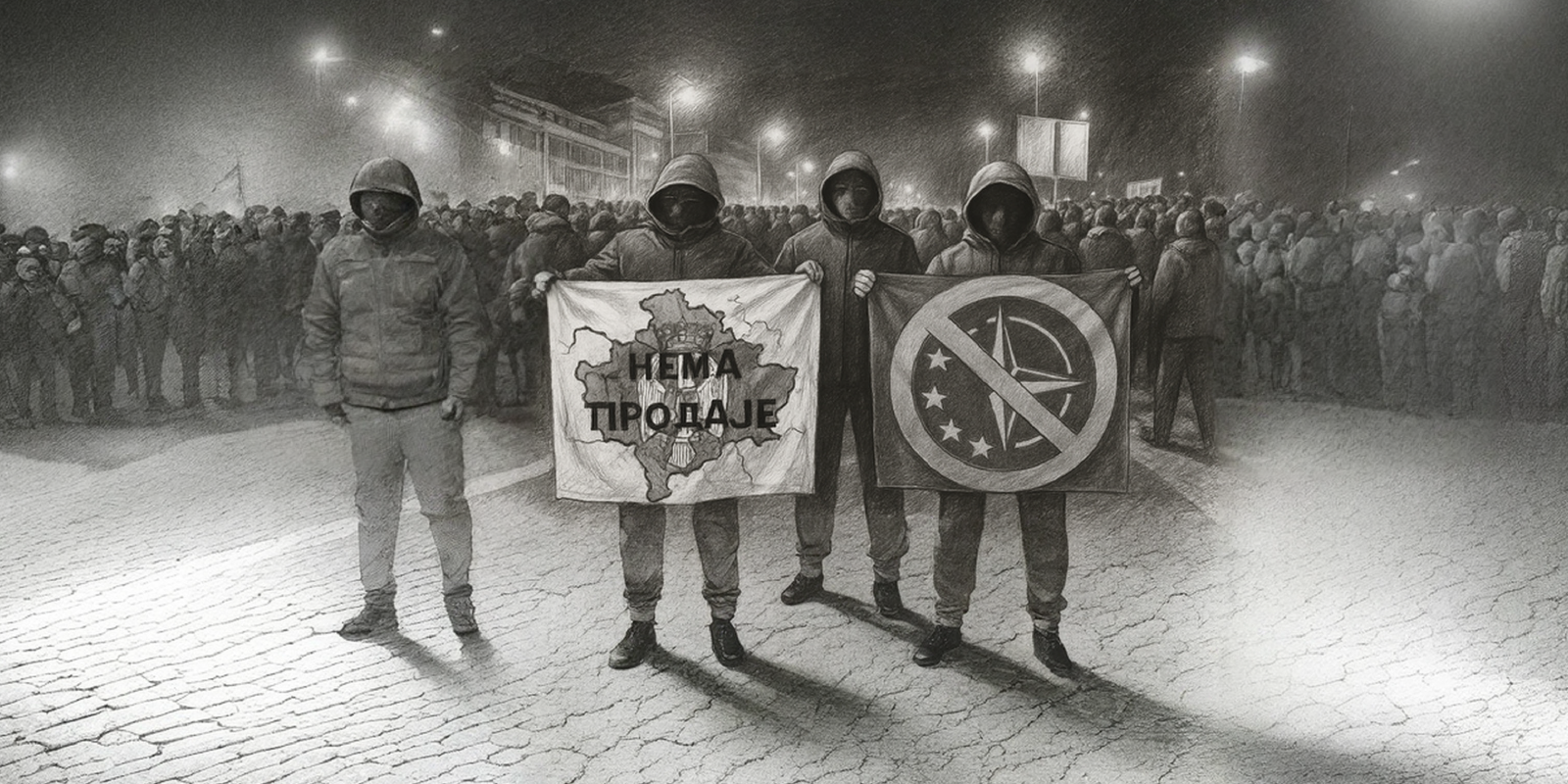PUBLICATION: Policy paper
THE EU IS CHANGING, WE’RE WAITING: Western Balkans on EU Reform and Enlargement
This policy paper examines Western Balkan stakeholders' perspectives on what is needed for meaningful enlargement and the EU reforms they consider essential for an effective expanded Union. Field research in spring and summer 2024 included 16 high-level interviews with representatives from all six countries of the region.
Frustration with the process has grown, with a perceived widening gap between formal EU alignment and (lack of) substantive reform. However, a wholesale overhaul of the enlargement framework is unnecessary as political will remains the key constraint. Since 2022, the geopolitical context has pushed EU decision-makers to revitalise enlargement, restructure administration, and unblock decisions on individual candidates. The new Multiannual Financial Framework (MFF) 2028–2034 offers an opportunity to align financial support with this renewed approach. However, this window of opportunity is seen as prioritising geopolitical concerns over the Fundamentals, with EU focus shifting eastward rather than towards the Western Balkans.
Interviewed stakeholders agreed on two key proposals: introducing qualified majority voting (QMV) for interim enlargement steps and fully decoupling enlargement from bilateral disputes. These measures aim to reduce veto points and protect accession by isolating the process from political disputes. The idea of gradual integration, allowing candidates to access certain membership benefits before full accession, has garnered strong political support but remains underdeveloped and unevenly applied in the two enlargement regions. Stakeholders warned that gradual integration must not substitute for full membership, particularly after decades of negotiations.
Enlargement remains tightly linked to EU internal reform. Each new accession affects the distribution of seats, votes, and policies within the EU. Ukraine, in particular, poses a significant test of the EU’s absorption capacity. The EU must be prepared to function effectively with 35+ members. However, the internal reform debate has lacked momentum and should not delay further accessions. Montenegro has emerged as the most viable candidate, promoting “net-zero enlargement.”
No official position on EU internal reforms has been adopted by candidate states. Stakeholders supported reducing the number of Commissioners or introducing rotating portfolios, provided equality is maintained. There was broad support for extending QMV to other EU policy areas, though strong reservations about its application to the Common Foreign and Security Policy (CFSP) were expressed in Serbia. Interlocutors also highlighted the need for stronger internal EU mechanisms to safeguard democracy and the rule of law.
The role of stakeholders from acceding countries in the EU reform debate is generally marginal. While they engage in advocacy on enlargement policy, their input is often reshaped by EU decision-makers. Consultations have usually been one-sided, with limited space for critical input. Still, stakeholders agree the region should be involved in EU-wide deliberations. Regional influence could be amplified through a joint advocacy platform and deeper engagement in European political and civil society networks.
This paper was made possible with support from the Rockefeller Brothers Fund (RBF). The opinions and views of the authors do not necessarily state or reflect those of the RBF.
Tags: enlargement, EU Reform, western balkans
DETAILS
DATE: 22.10.2025
TOPICS: BSCP, EU, Foreign Policy, In Focus
TYPE: Policy paper
DOI Number: https://doi.org/10.55042/GKOQ9646
AUTHORS
SHARE
PDF PREVIEW
RELATED

Date: 07.11.2025.
Author: Dr Srđan Cvijić | Igor Bandović | Jelena Pejić Nikić | Marko Drajić | Predrag Petrović | Vuk Vuksanović |
The BCSP policy brief “Political and Institutional Crisis in Serbia: Possible Scenarios (November 2025 – June 2026)” analyses the country’s deepest political and institutional turmoil in over a decade, rooted in systemic corruption, impunity and the erosion of public trust following the Novi Sad tragedy.

Date: 03.11.2025.
Author: Belgrade Centre for Security Policy
This report examines the concept of the Serbian World as a framework for Serbian influence in the Western Balkans, promoted by political elites indirectly and more directly by affiliated actors in Serbia and region. While not an official state policy, the idea functions as a powerful narrative tool, blending nationalism, historical revisionism, and strategic influence to sustain Serbia’s regional leverage and consolidate domestic political control.

Date: 13.10.2025.
Author: Belgrade Centre for Security Policy
The subject of analysis is the content related to student and civic protests distributed on the Telegram channel “BUNT je stanje duha.”



